Straus Family Creamery in Northern California is a leader among the newer generation of American yogurt makers.
Three Yogurt Recipes from Sweet to Savory
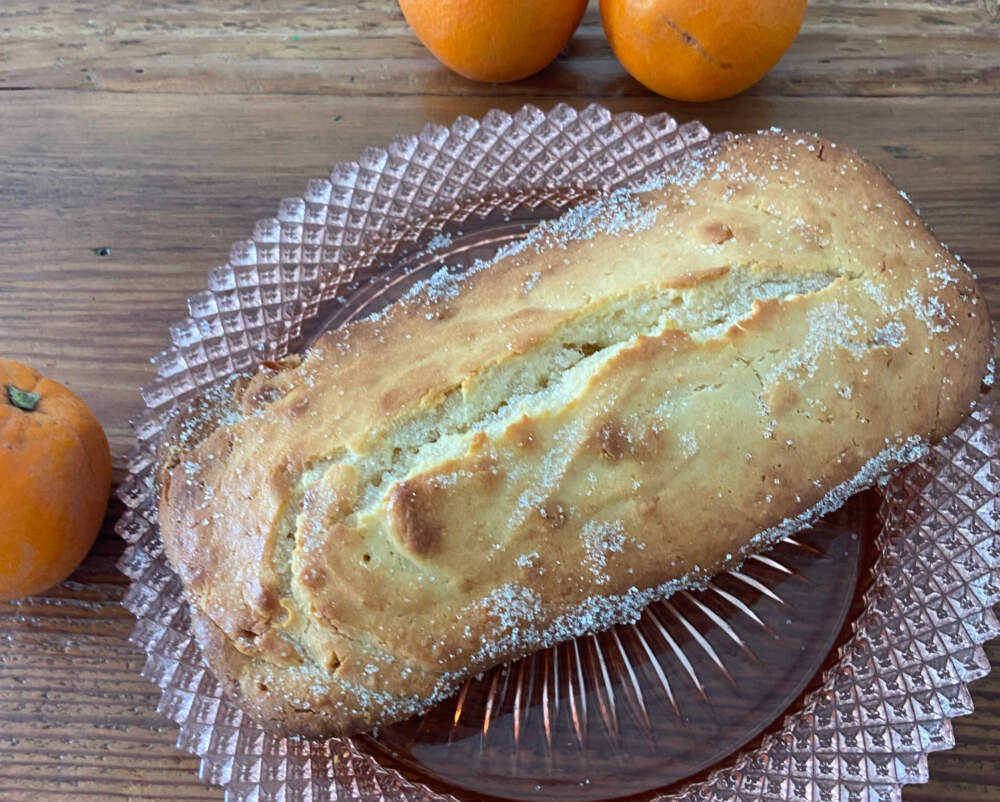

Straus Family Creamery in Northern California is a leader among the newer generation of American yogurt makers.
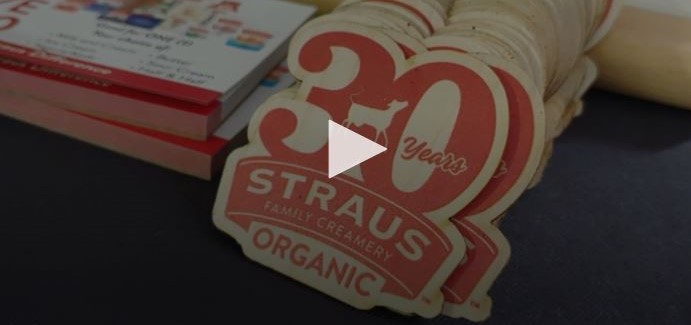
Watch the Food Navigator USA interview with our Founder Albert Straus at Natural Products Expo West.
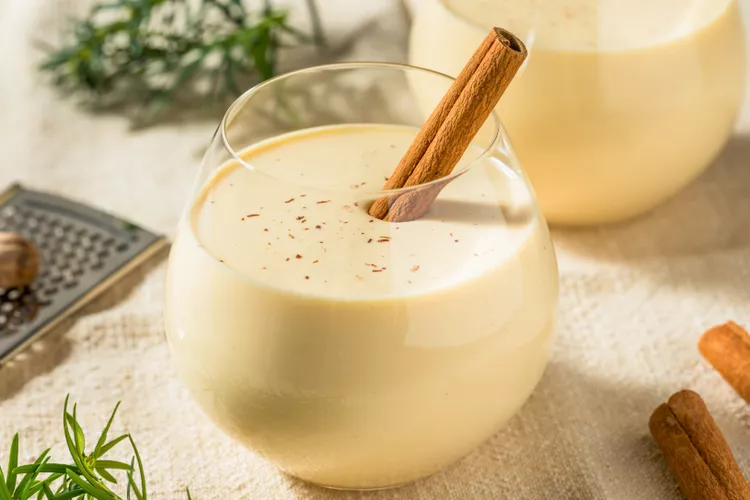
I recently tasted California-based Straus Family Creamery eggnog and I am a convert.

The ice cream of your childhood dreams is deliciously reinvented at Coucou in Venice, California. The oversized vanilla soft serve is a twisted updo of Straus Family Creamery ice cream served in a celery green parfait glass.

Straus Family Creamery is included in World Wildlife Fund (WWF)’s new report. It examines the efficacy of rewards for climate-smart on-farm practices in getting suppliers’ help in eliminating Scope 3 emissions.
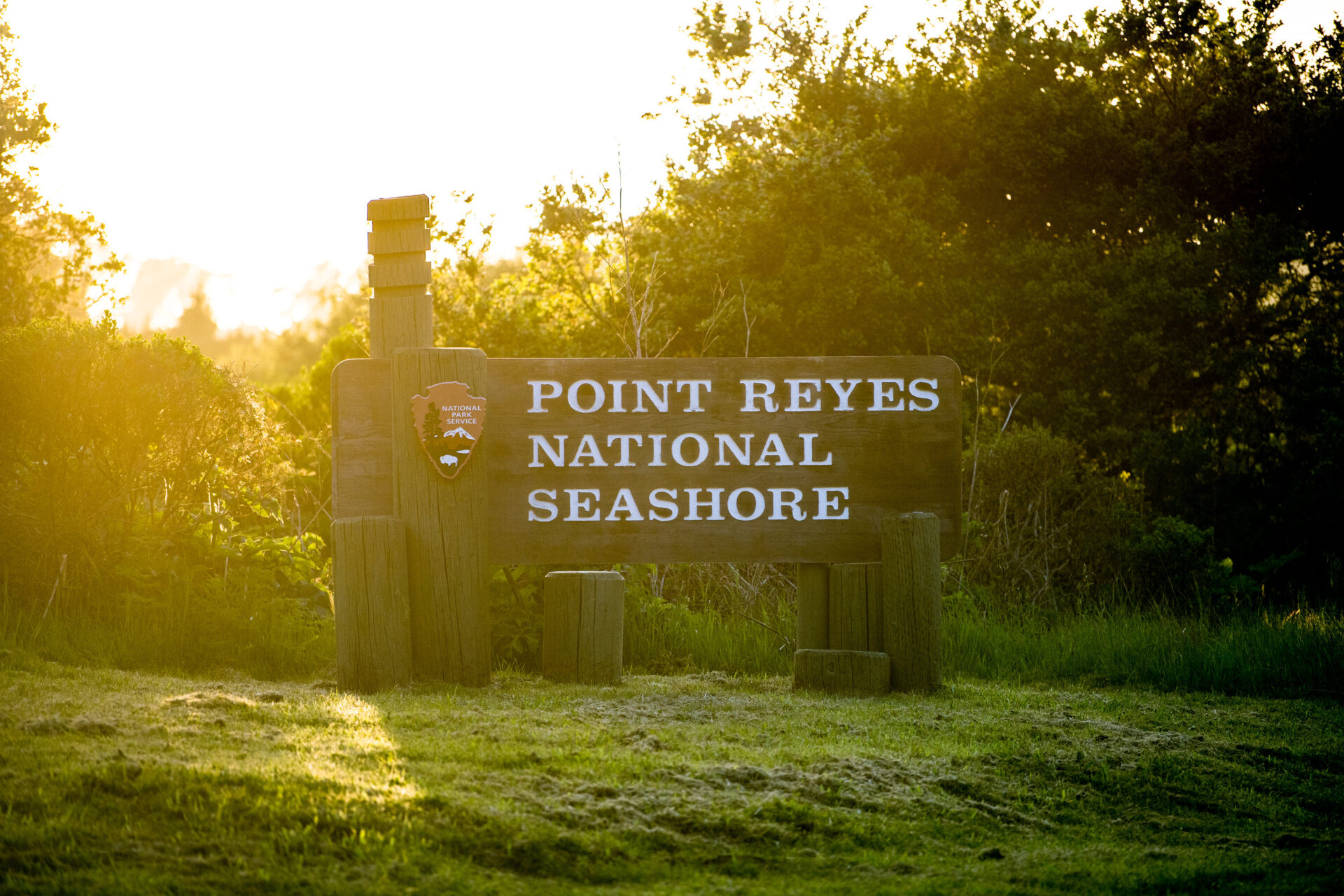
For several years during the drought, environmentalists criticized the National Park service for its management of a Tule Elk reserve at Tomales Point in western Marin County. But recently, a change was announced to the management plan that has the entire region up in arms.
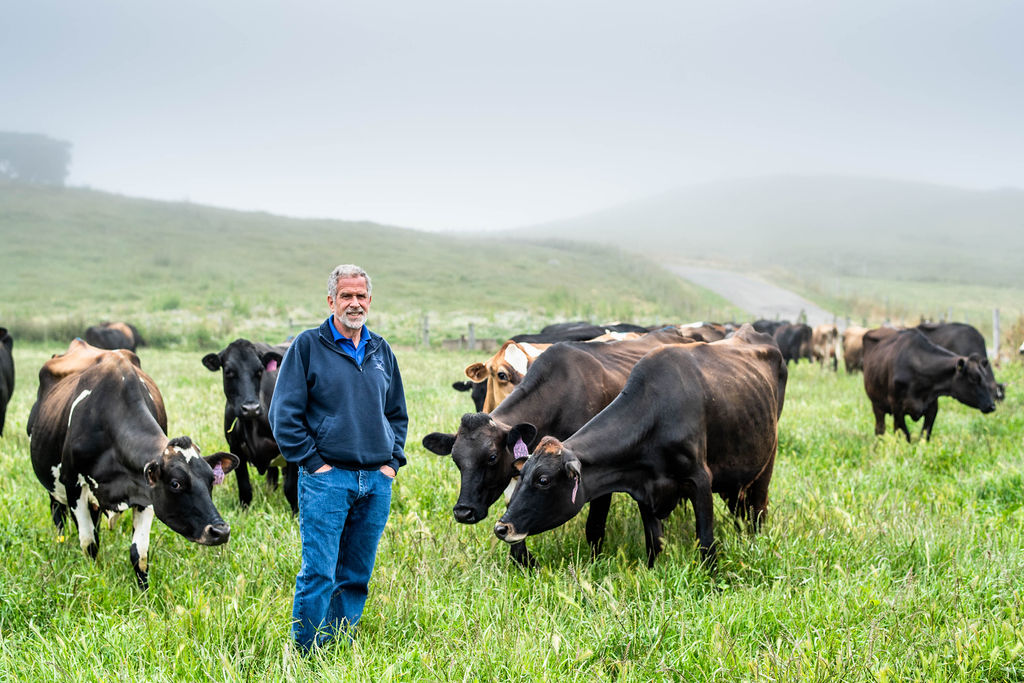
There are a lot of firsts in Albert Straus’ farming history. Straus Dairy Farm was the first certified organic dairy farm west of the Mississippi River, and Straus Family Creamery was the first certified organic creamery in the United States.
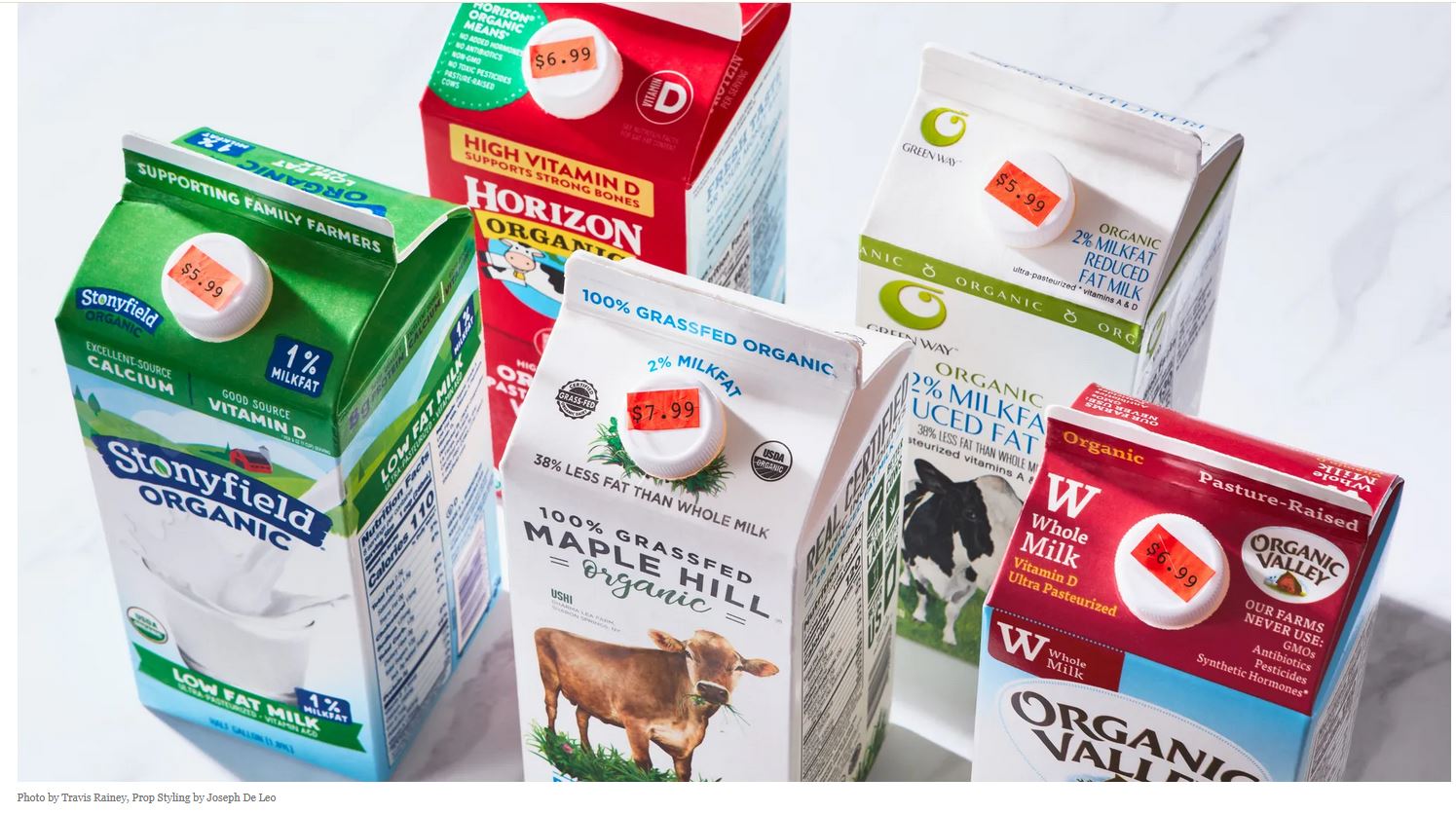
You’re strolling the aisles of your local market. You arrive at the cool, glowing refrigerator cases of the dairy section, poised to make a quick decision about what you’ll pour into your next glass of homemade boba or rich batch of pots de crème.
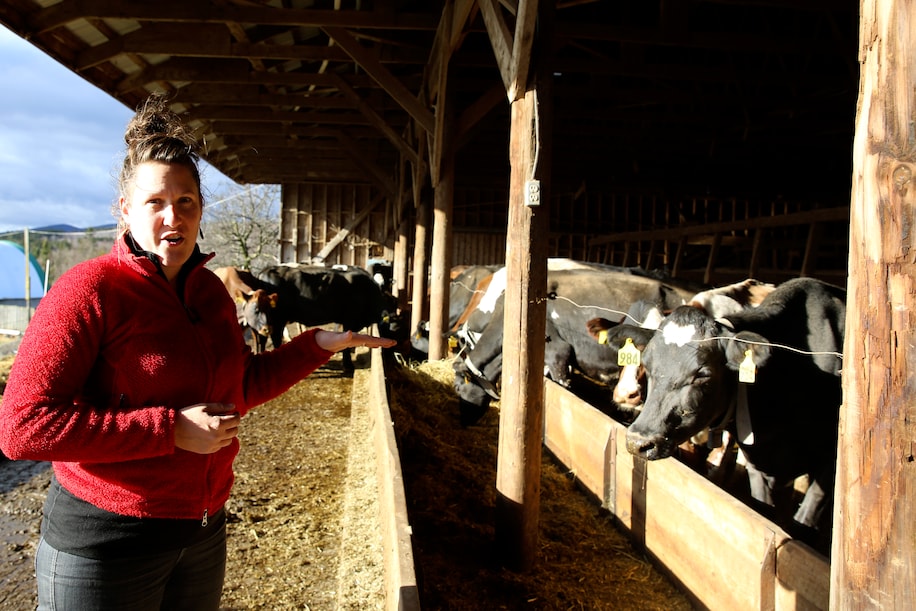
Organic dairy and other livestock farmers are seeking emergency federal aid as they grapple with skyrocketing organic feed costs, steep fuel and utility expenses as well as the consequences of drought in many parts of the country.
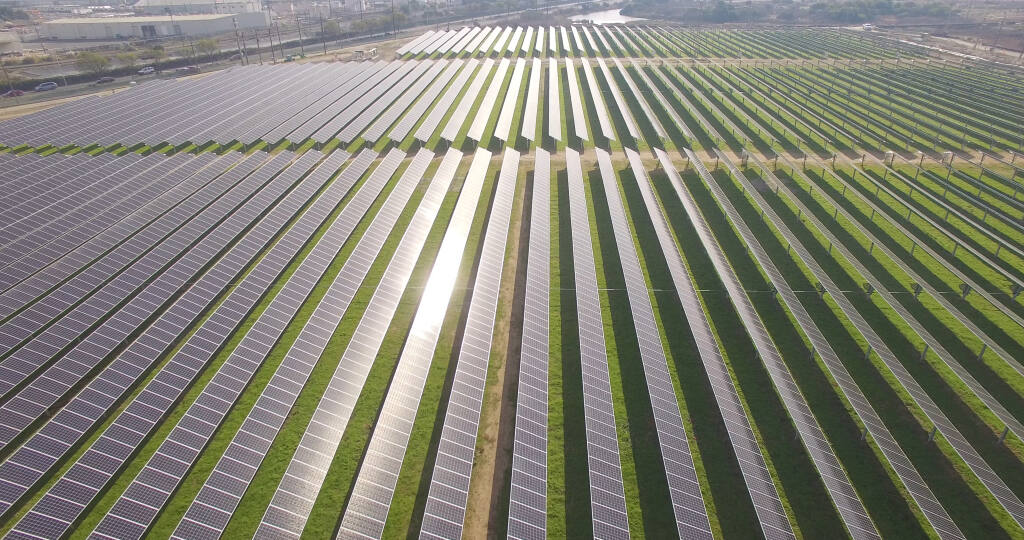
One agricultural customer that chooses to pay for clean energy on its utility bills is Straus Family Creamery.
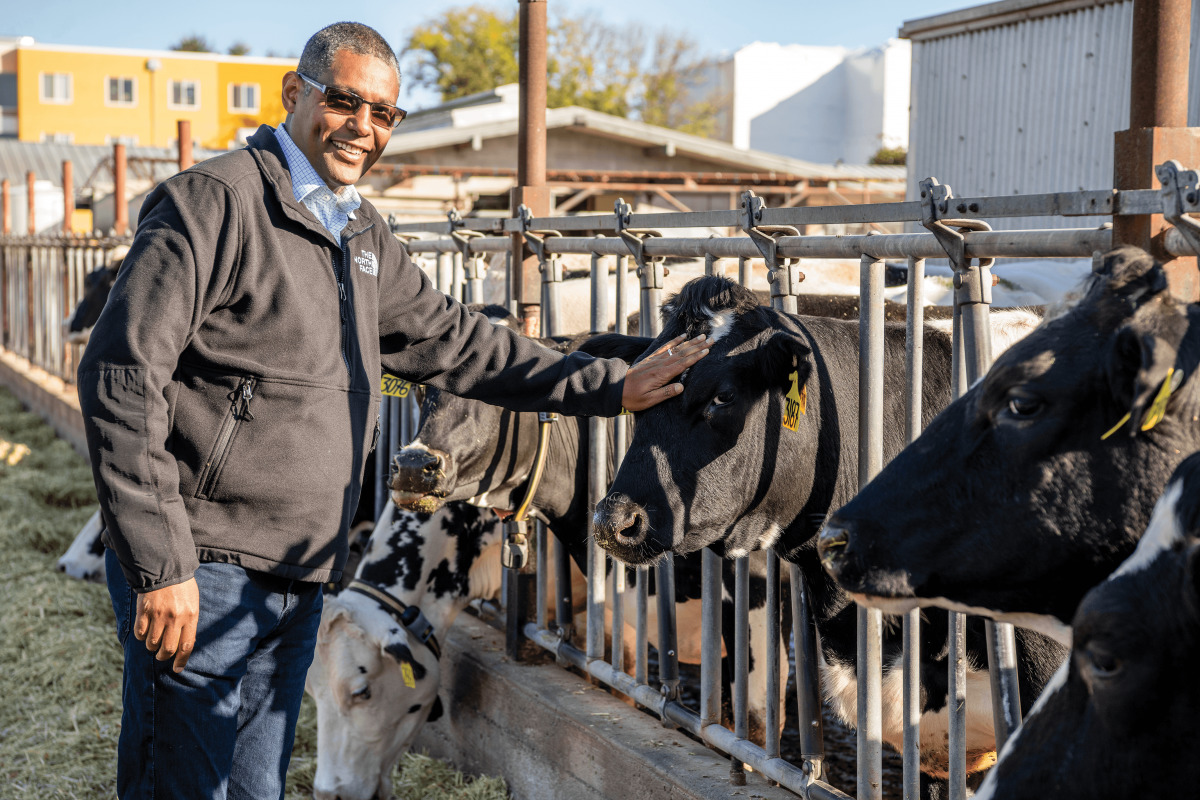
Straus Family Creamery founder and CEO Albert Straus isn’t waiting. He plans to incorporate Brominata into the everyday diet at Straus Dairy Farm by the end of 2023, part of his goal to make the farm carbon neutral by that deadline.
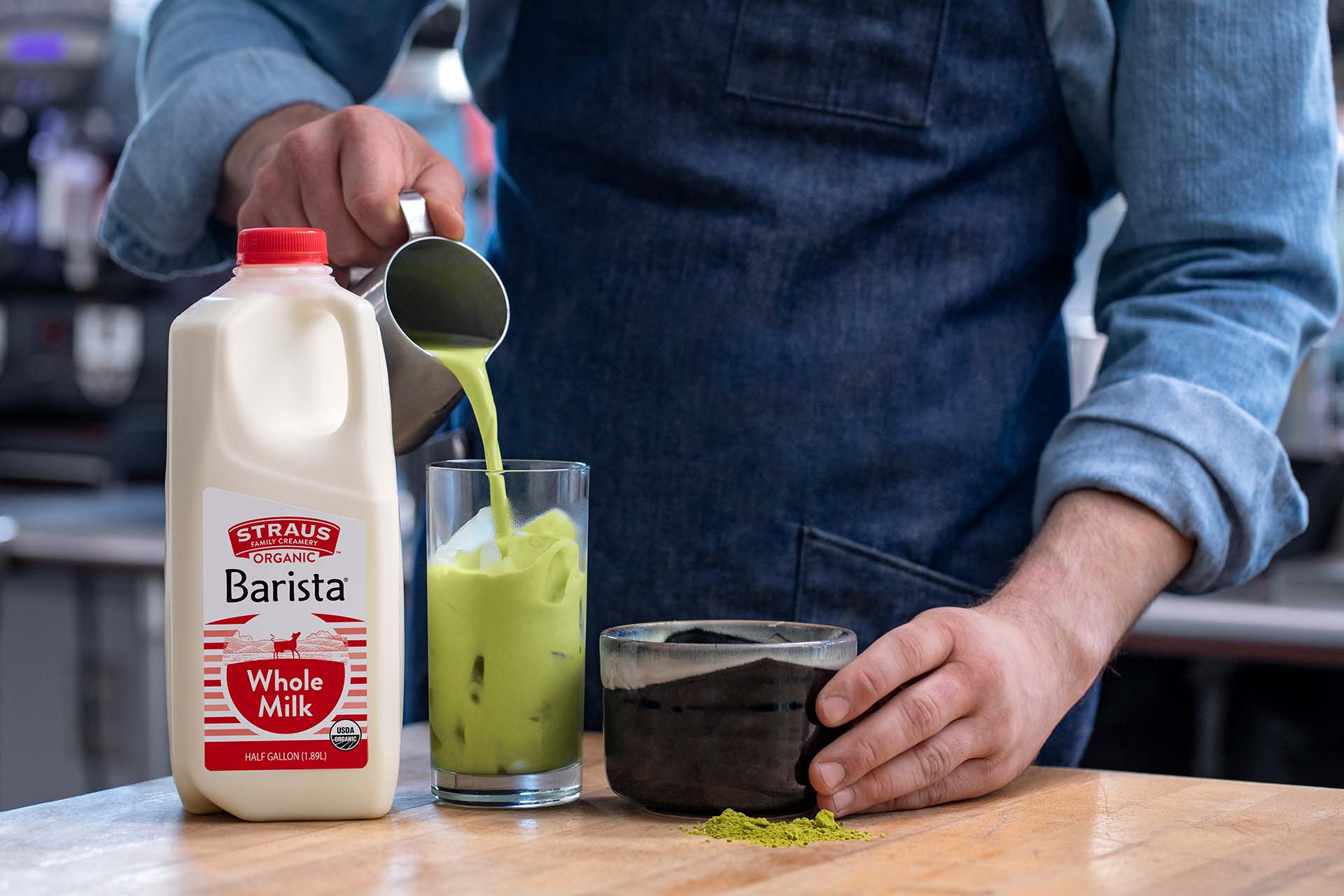
Milk is familiar to most of us. Not just a drink for children, it’s also often consumed by adults and is of course one of the key ingredients at cafés. But you may be unfamiliar with the processing that milk undergoes before reaching the market, and one such process is homogenization.
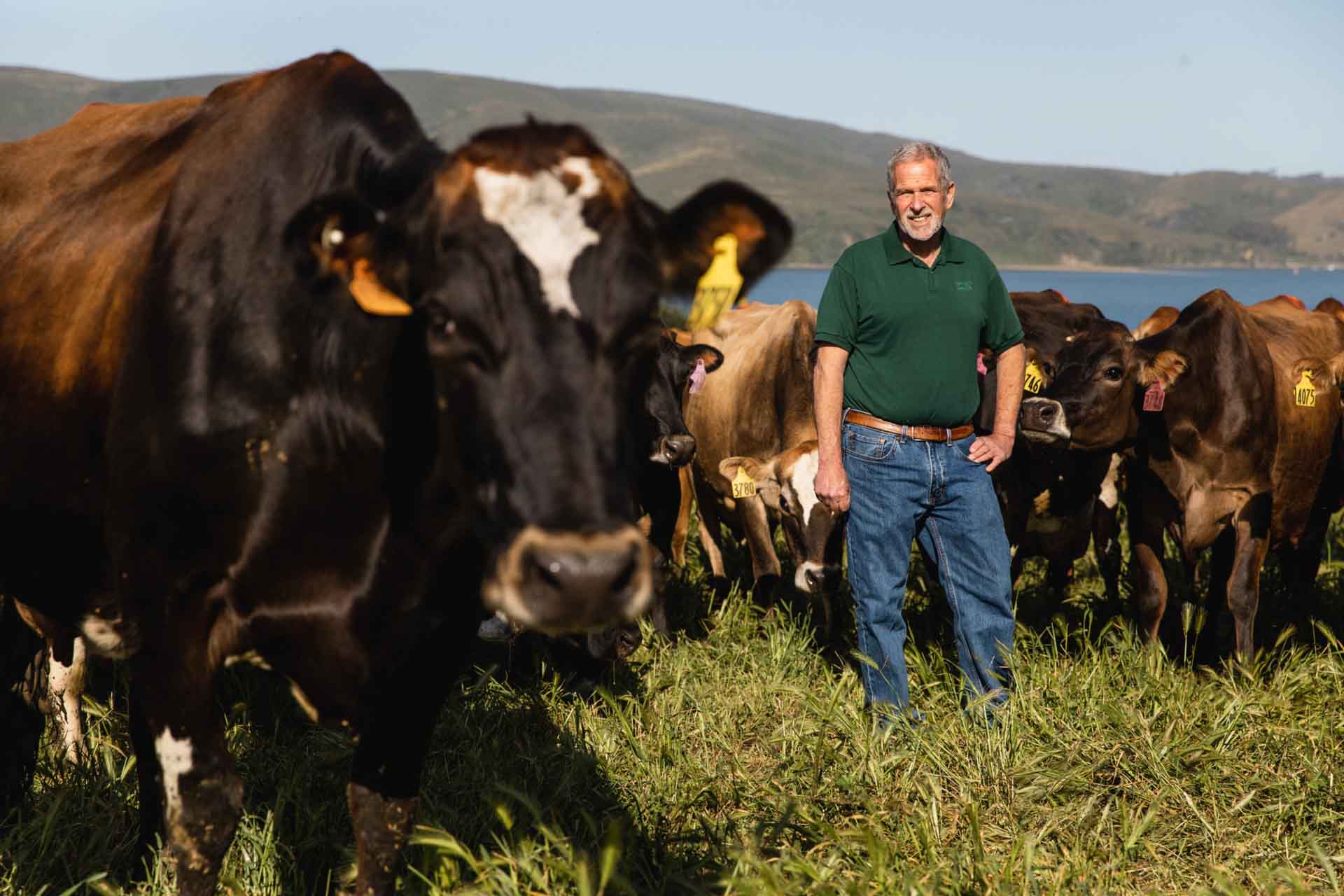
After decades of growing demand, drought and a far-away war are laying low local organic dairy farmers and processors. Without cash soon, it’s feared several local dairy operators may soon close up shop.

When it comes to climate change, cows have taken a reputational hit. These belching bovines have been villainized for releasing methane, a greenhouse gas with more than 25 times the heat-trapping power of carbon dioxide.
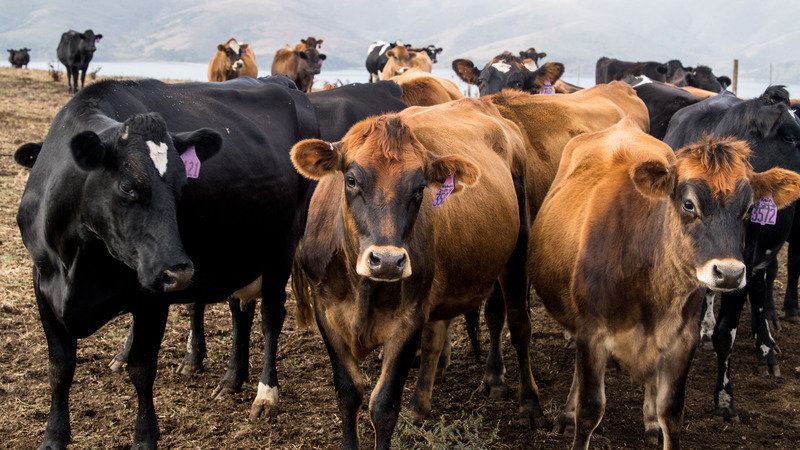
The Straus Family Creamery, an organic dairy producer in Marin County, California, made headlines last fall after receiving approval from regulatory agencies to conduct a trial of a new seaweed-derived feed additive called Brominata.
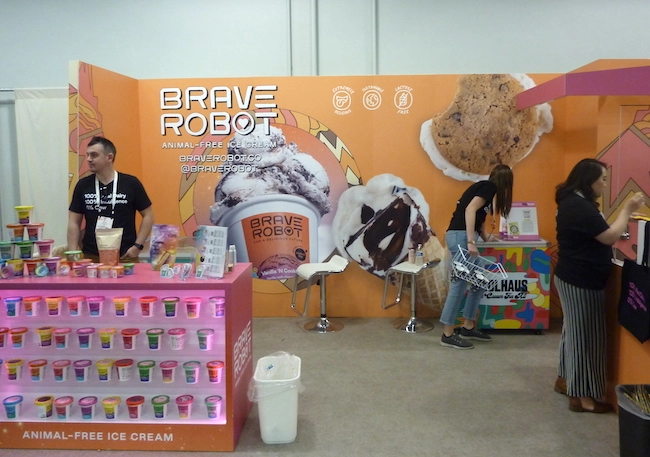
If you are eating “animal-free” dairy or meat products that taste nearly identical to a traditional animal product, you should be asking plenty of questions.
And more often than not, what you will discover is that these foods are anything but “natural.”
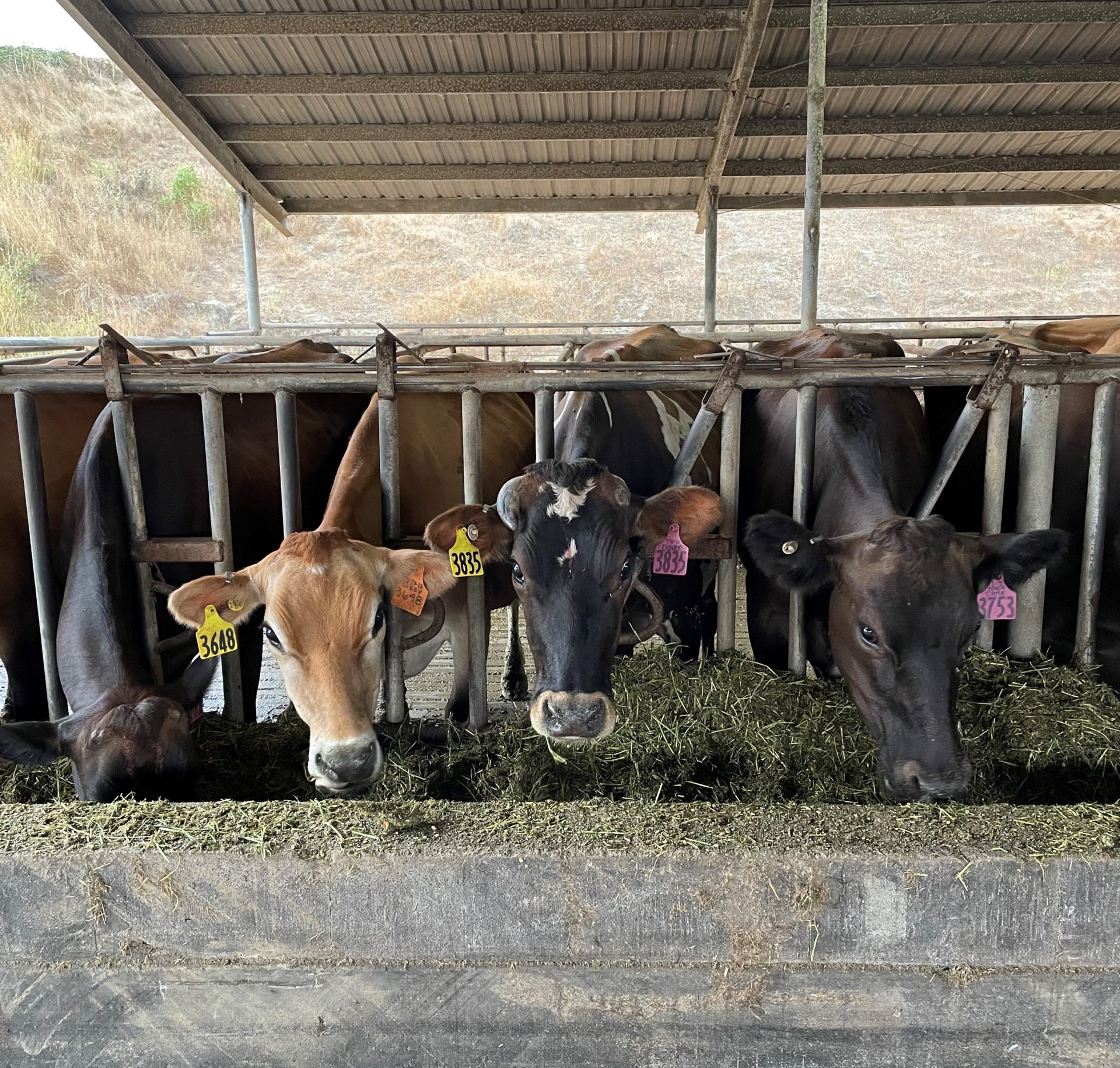
Thousands of dairy farms worldwide have worked to reduce carbon emissions over the last few years, if not for much longer, but only 4 have made a public commitment to being carbon neutral by a given date.

California dairy farms will soon be able to feed their cows seaweed to fight climate change after the state Department of Food and Agriculture approved the use of a seaweed feed shown to reduce methane emissions from cow burps, the first in the U.S. to do so.
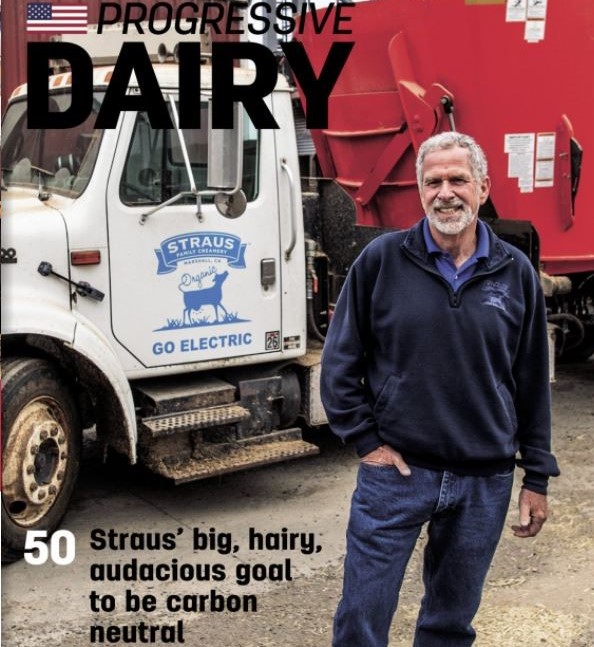
Albert Straus, an organic dairy farmer in Marin County, California, made it his intention to look at how he could meet those goals and what it would take on his dairy farm to do just that. He wanted to be progressive, forward-thinking and a part of the solution.

At a Marin dairy farm this summer, cows got a little something extra in their organic hay and alfalfa: a sprinkle of seaweed powder that holds promise for helping the state achieve ambitious climate goals.

In his dungarees and rubber boots, Albert Straus looked every bit the dairy farmer that he is. On this particular morning, however, the 66-year-old founder and CEO of Straus Family Creamery was some 25 miles from his family farm.
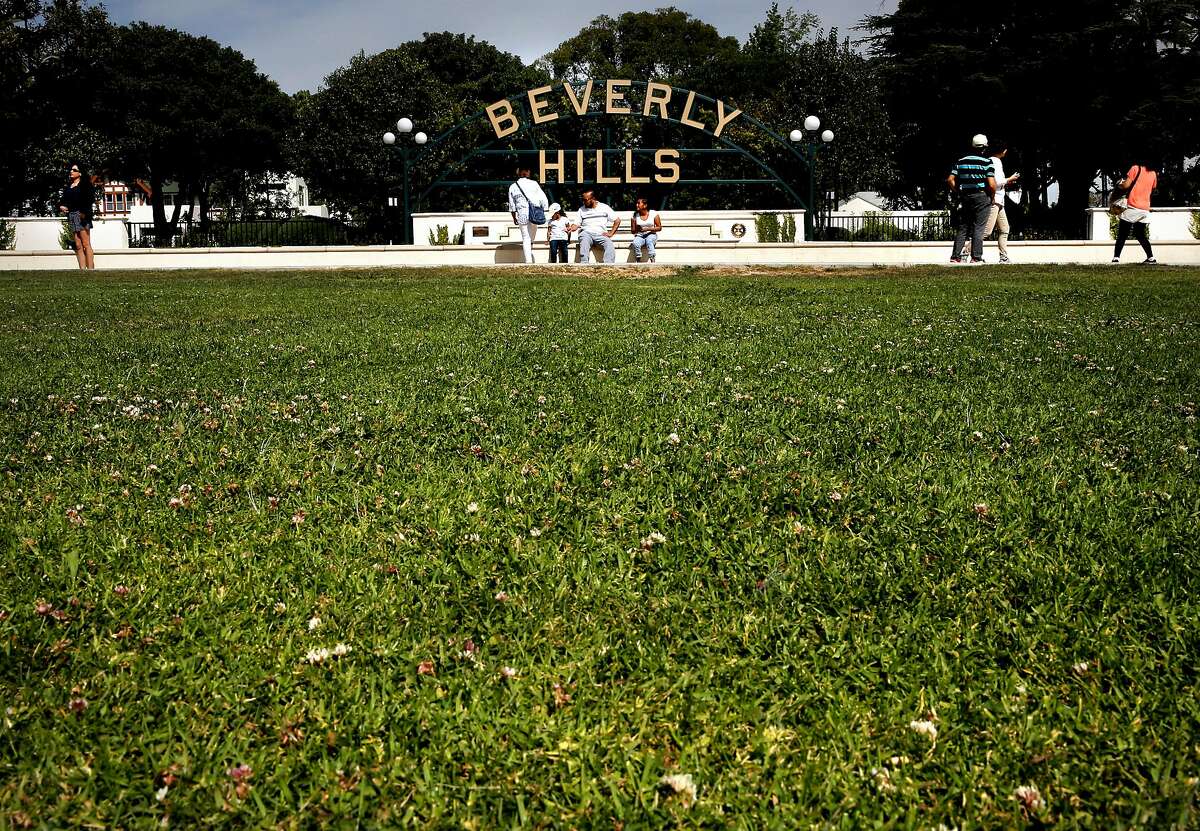
In 2021, an increasing number of water providers across California will be forced to prepare for water shortages as the state’s drought intensifies. For some locales, this could mean mandatory or voluntary restrictions on residential water use.
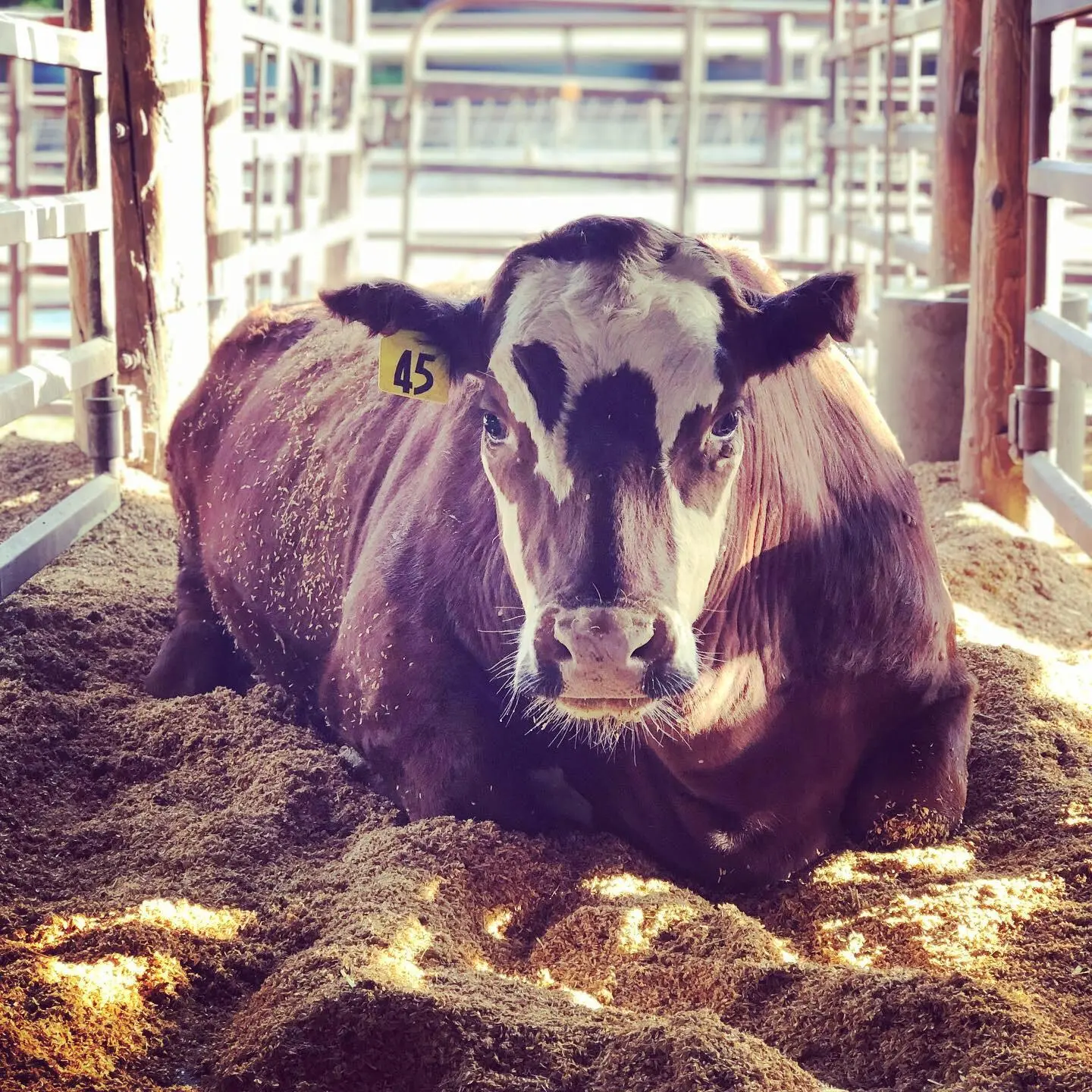
When it comes to the bodies of humans and animals, there are a few functions that we’re usually discouraged from talking about. Specifically, the ones that involve releasing gas. (Yep, burps and farts.)
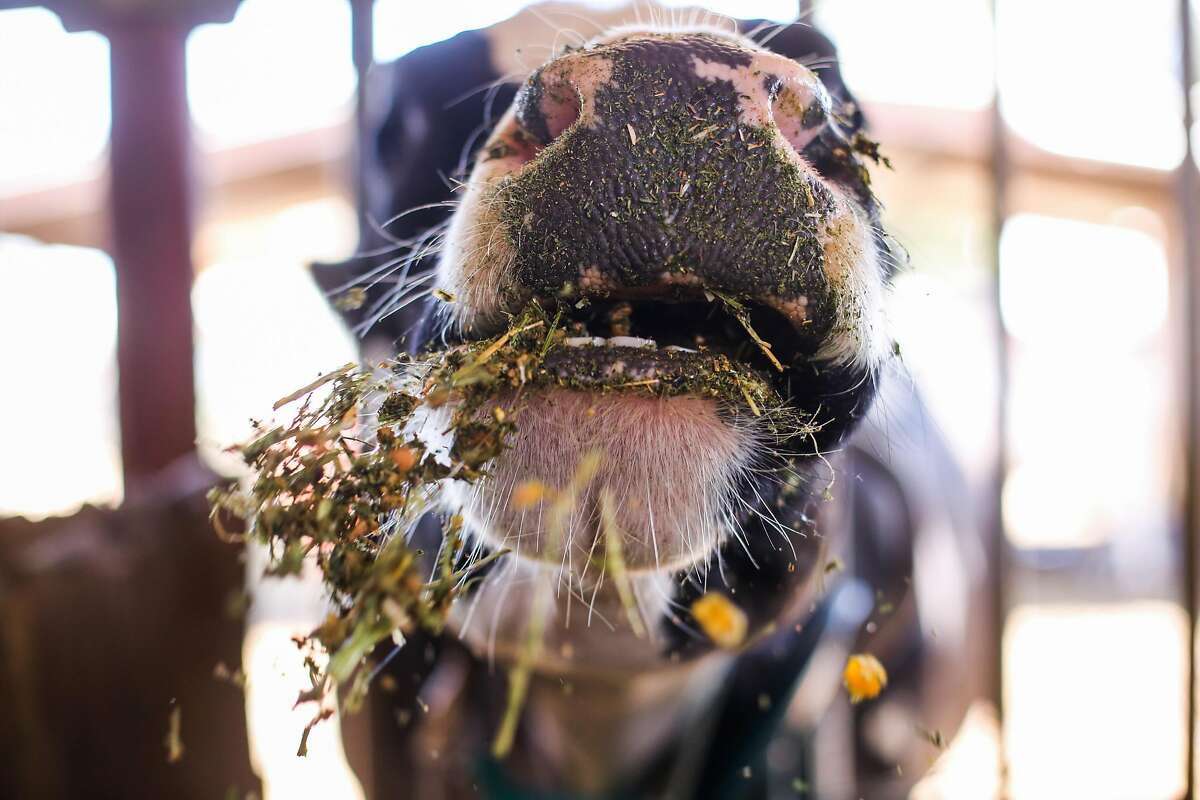
Beef and dairy production are considered important drivers of climate change, contributing roughly 5% of U.S. greenhouse gas emissions, mostly in the form of methane released by cattle and other ruminant animals.